Senior pets are near and dear to our hearts. Their graying muzzles, endearing gazes, and unwavering loyalty make us melt. But, unfortunately, age is associated with a variety of conditions that can worry senior-pet owners. Some of these concerns can be managed with your Stack veterinarian’s help, and a little tender loving care. Here is a list of common age-related pet troubles, and the treatment options available.
Disease and senior pets
While old age alone is not considered a grave diagnosis, it can be accompanied by problems related to age. As our bodies become older, the unique dynamics of our body systems don’t work as efficiently, which can lead to dysfunction and disease. Following is a list of common age-related diseases in dogs and cats:
- Degenerative heart valve disease
- Kidney or liver problems
- Dental disease
- Diabetes
- Joint problems
- Thyroid disease
- Cushing’s disease
- Cancer
The majority of these chronic or degenerative conditions cannot be cured, but with the right medications, procedures or therapies, diet and exercise plans, and unconditional love, our veterinary team can help you keep your pet as healthy and happy as possible.
Pain in older pets
Pain is an unfortunate reality many older pets face. They can experience pain due to joint, muscle, or nerve problems, skin conditions, non-healing wounds, surgery, and cancer, to name a few. Thankfully, a myriad of pain options are available for our beloved pets, including traditional medications, and Chinese therapies like acupuncture. Laser therapy and physical rehabilitation exercises are also great options for a variety of painful conditions, and we provide these unique modalities at our hospital. Let us help ease your pet’s pain, regardless of the original cause.
Senior pets’ weight concerns
Obesity is exceedingly common among today’s pets, including senior pets. But, a pet who is losing weight, despite the owner making no changes, is also cause for concern. While excess weight can lead to painful joint disease or diabetes, unexplained weight loss can occur due to thyroid problems, kidney disease, cancer, or other conditions. As your pet ages, ensure you keep her at a healthy weight, and monitor for any body-condition and appetite changes. If your senior pet is overweight or obese, set up an appointment with your Stack veterinarian to discuss an individualized weight-loss plan.
Cognitive problems in senior pets
Our furry friends—particularly dogs—can suffer from dementia and senility. The brain is a powerful organ whose efficiency can deteriorate over time, like other body systems. Some common cognitive changes you may notice in your senior pet at home include:
- Restlessness, pacing, or increased anxiety
- Disorientation
- Standing in corners
- Changes in the sleep-wake cycle
- Difficulty remembering commands
- House soiling
- Other behavior changes
If you notice similar changes in your pet, a diet change, supplementation, and/or medication may be necessary. Help keep your pet’s mind sharp by playing fun and mentally stimulating games, such as hide-and-seek, gently teaching her new tricks, such as an outdoor obstacle course, and instituting puzzle feeders or other challenging products.
Older pets and their quality of life
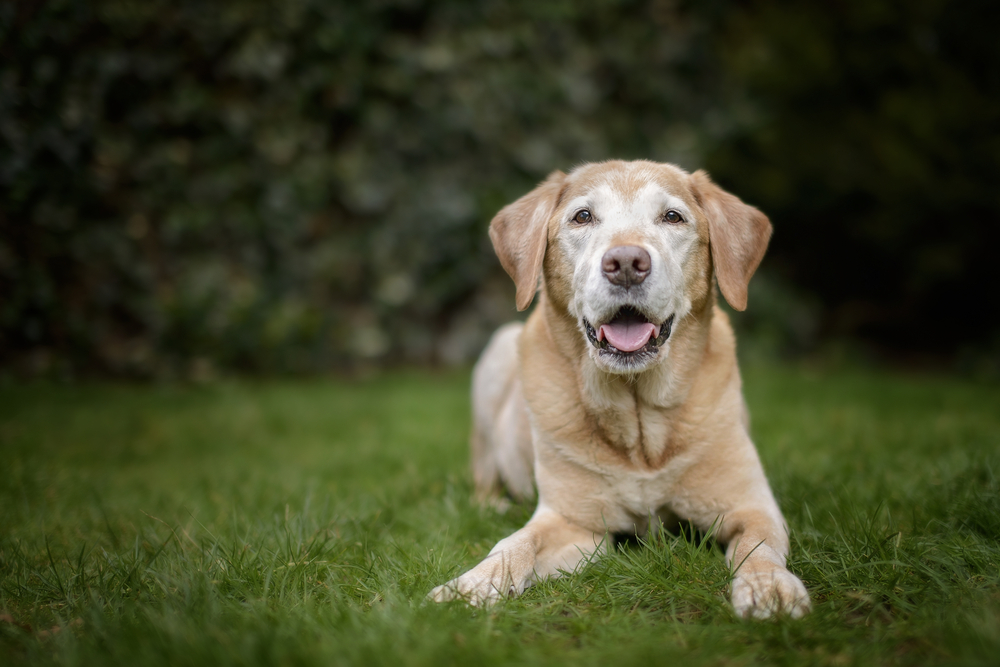
Pet owners must continually assess their aging pet’s quality of life. A variety of tools and worksheets are available, including this one or this one. Most assessments will involve topics regarding your pet’s appetite, mobility, cleanliness, and overall happiness. While you can best assess your pet’s quality of life, our veterinary team can help guide you in this difficult evaluation.
Senior pets often require extra love, care, and attention. We love this special group of pets, and we are here for you whenever you need us. Do not hesitate to contact us with any questions regarding your senior pet’s care.


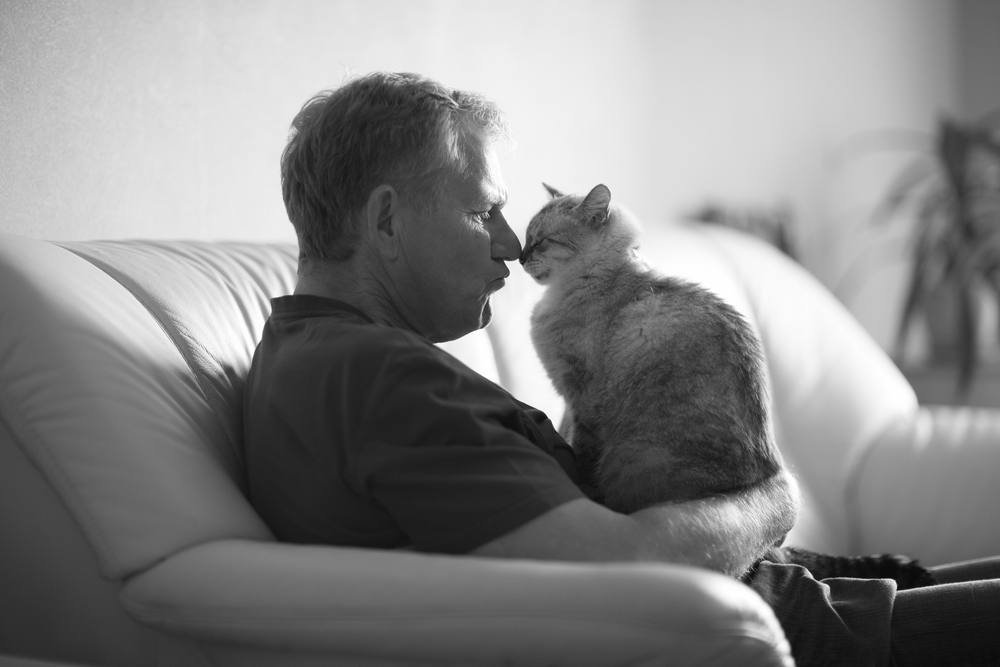
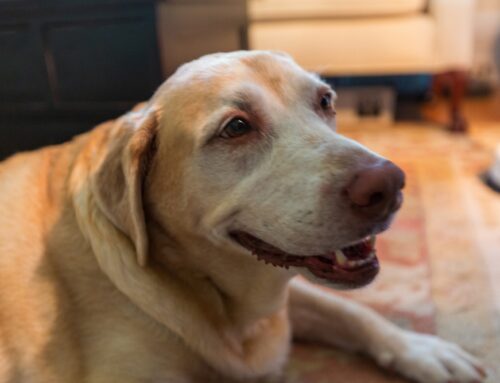
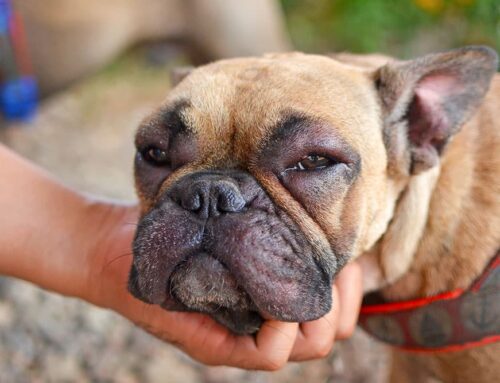
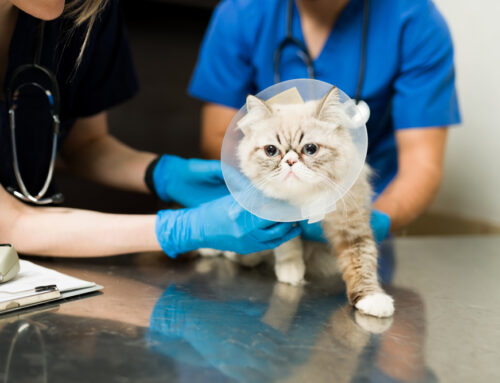
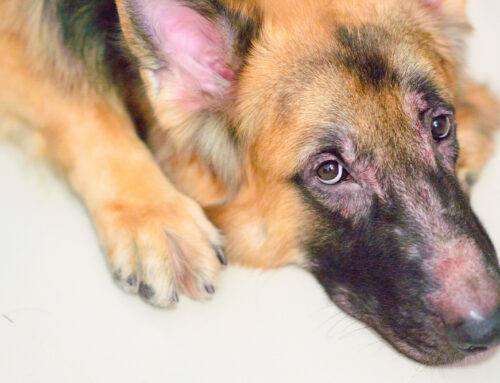
Leave A Comment